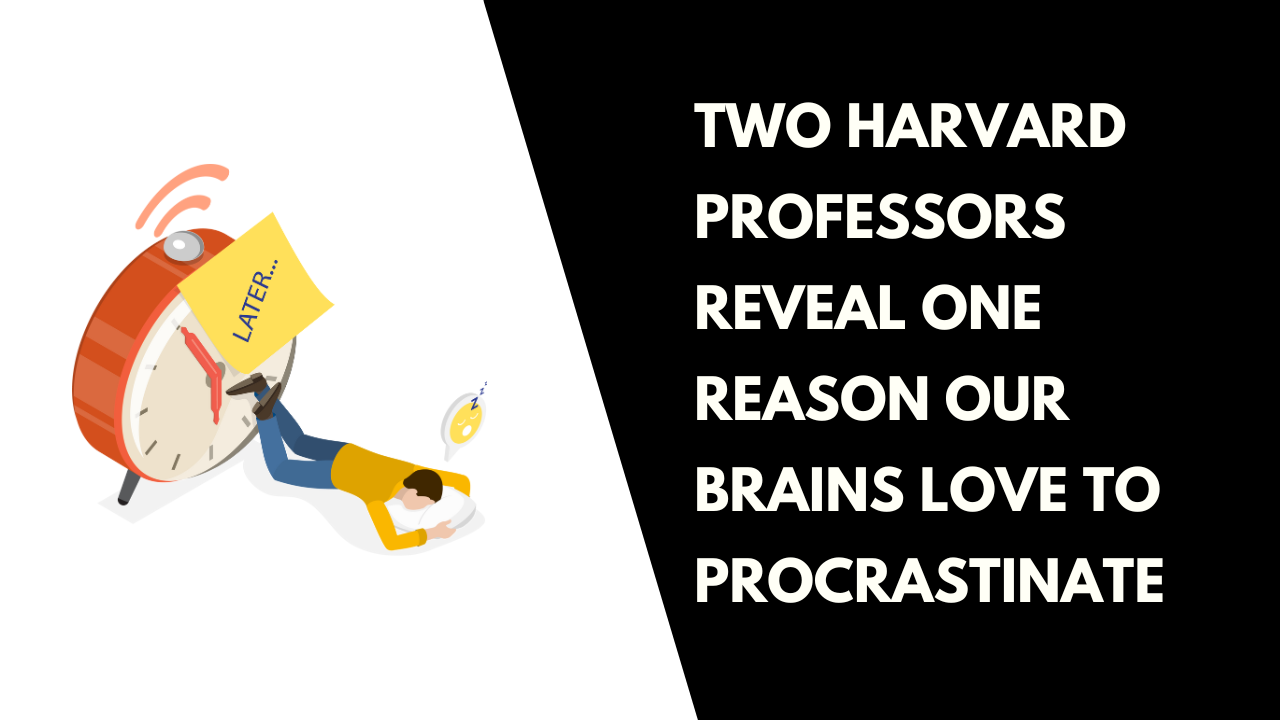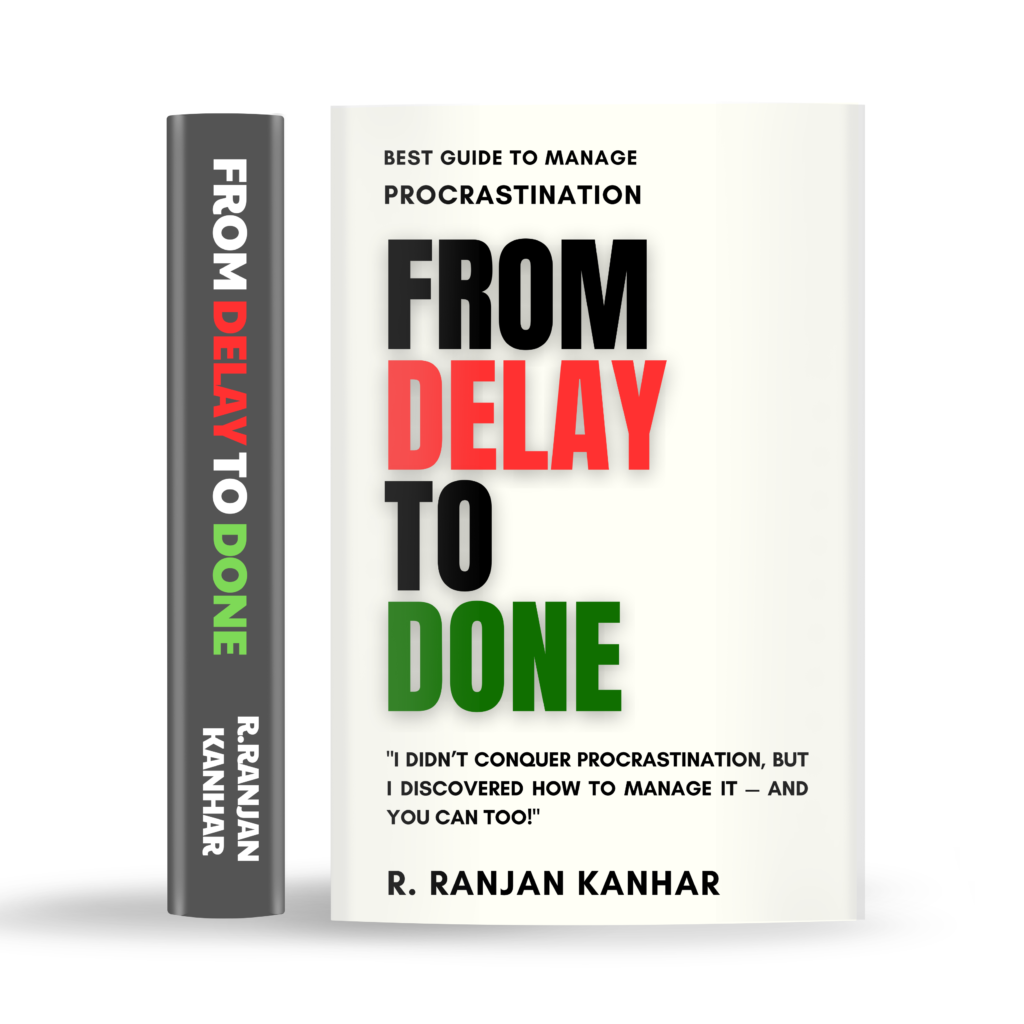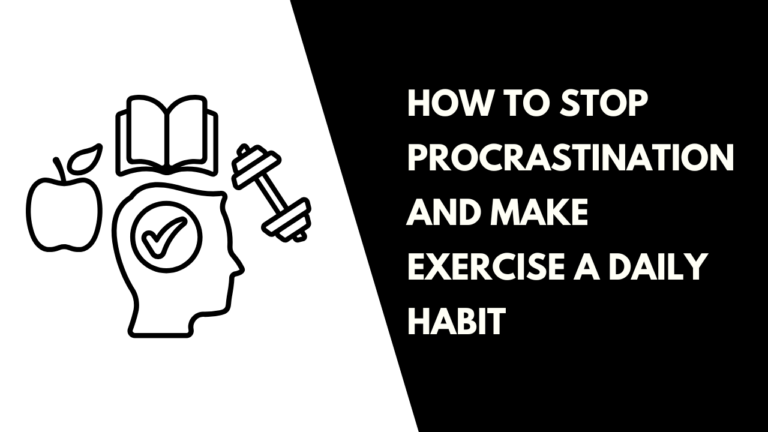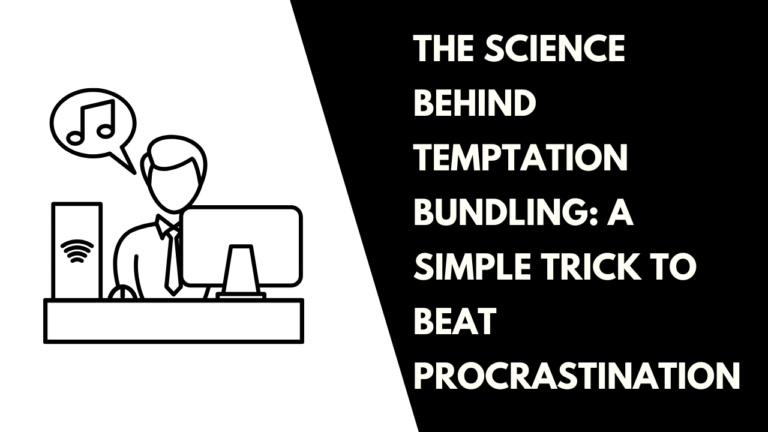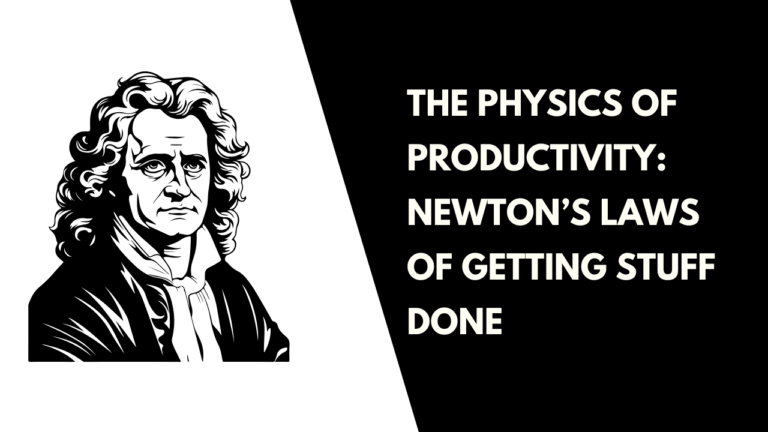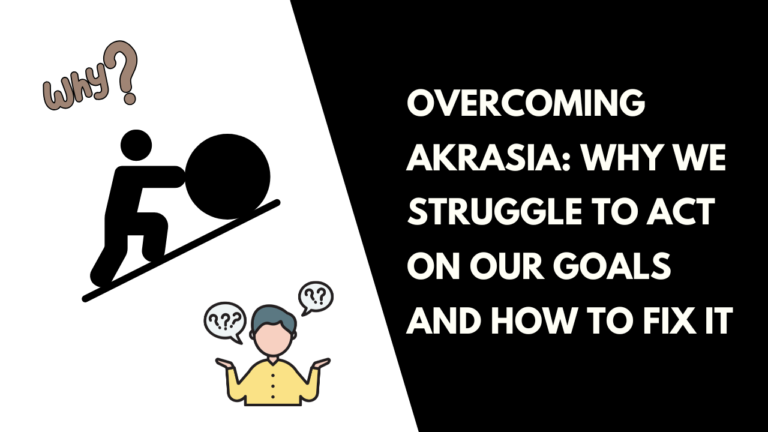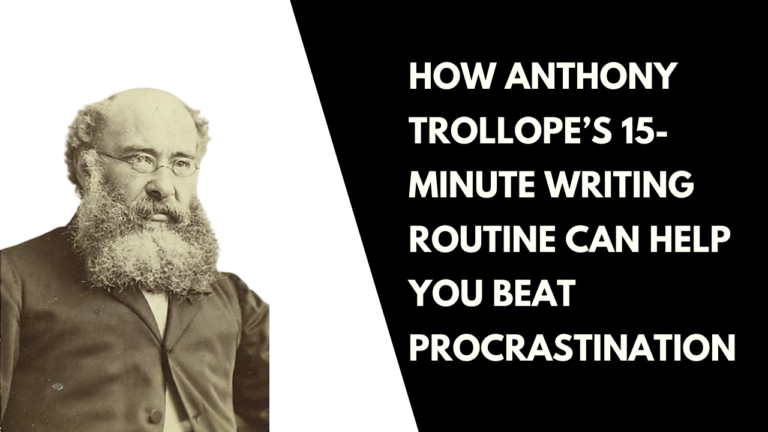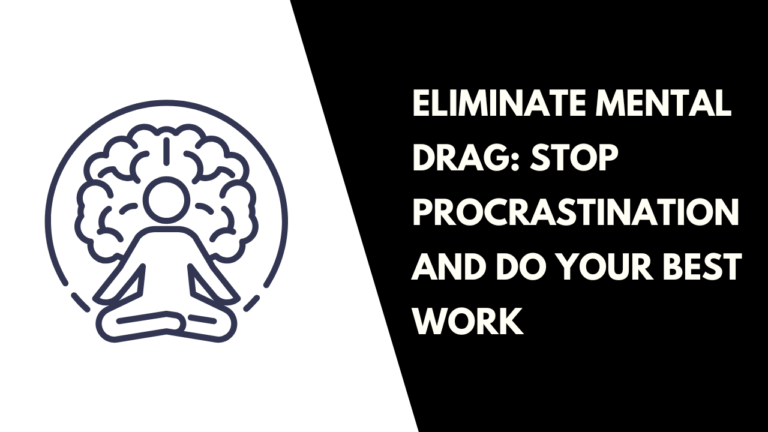Why Our Brains Procrastinate and How to Beat Time Inconsistency
Two Harvard Professors Reveal One Reason Our Brains Love to Procrastinate – Time Inconsistency
In 2006, two Harvard professors, Todd Rogers and Max Bazerman, set out to explore why we procrastinate. Why do we delay tasks that we know are beneficial, even when avoiding them could have negative consequences?
Table of Contents
ToggleTo find answers, they conducted a study asking participants whether they would agree to enroll in a savings plan that deducted 2% of their paycheck and placed it into a savings account.
While most participants acknowledged that saving money was a good idea, their actual decisions told a different story:
When asked if they wanted to start saving immediately, only 30% agreed to enroll.
However, when given the option to start saving in the distant future (e.g., a year later), 77% agreed.
This significant shift in decision-making highlights a psychological phenomenon that plays a major role in procrastination.
Why We Procrastinate: Present You vs. Future You
One of the key reasons we procrastinate is time inconsistency—a concept from behavioral economics that explains why our present and future selves often have conflicting priorities.
We tend to prioritize immediate pleasure over long-term benefits. For instance:
Eating junk food feels good now, while the consequences (weight gain, health issues) show up later.
Spending money on unnecessary things gives instant gratification, but the financial impact emerges years down the line.
Delaying important projects provides short-term relief, but eventually leads to stress and missed opportunities.
In theory, we know what’s best for our future selves, but when the moment of decision arrives, we often succumb to immediate temptations and distractions.
How to Beat Procrastination and Make Better Choices
If you want to stop procrastination and make choices that benefit your future self, you need to align your present actions with long-term goals. Here are three proven strategies to do that:
1. Make the Rewards of Long-Term Behavior More Immediate
Since our brains crave instant gratification, one effective way to manage procrastination is to find ways to make future rewards feel more tangible today.
Visualize success: Imagine the benefits of completing a task, such as the feeling of relief after finishing an assignment or the financial stability of saving money.
Create short-term rewards: Treat yourself to something enjoyable (like a break or a small reward) after completing a task to make progress feel more satisfying.
2. Make the Costs of Procrastination More Immediate
One reason we delay tasks is that the consequences don’t feel immediate. To overcome this, make procrastination costly in the short term.
Set public deadlines: Announce your goals to others, such as committing to post a new blog every Monday.
Use accountability partners: Find a friend or mentor who will hold you accountable for your commitments.
Impose consequences: For example, if you skip a workout, donate money to a cause you dislike.
3. Remove Procrastination Triggers from Your Environment
Your surroundings play a big role in shaping your habits. To beat procrastination, eliminate distractions and make productive choices easier.
Declutter your workspace: Keep your environment free of distractions like social media notifications.
Use prompts for good behavior: Place a book on your desk as a reminder to read or set up automatic savings transfers to encourage financial discipline.
The Key to Long-Term Success
As Paul Graham once said, “We’ll increasingly be defined by what we say no to.”
Every day, we make small choices—choosing between instant gratification and long-term growth. The key to success lies in recognizing the power of these daily decisions and making sure they align with our future goals.
By implementing these strategies, you can finally stop procrastination and take control of your time and productivity.
“Stop postponing your dreams! From Delay to Done is your ultimate guide to conquering procrastination. Grab your copy today on Amazon!
